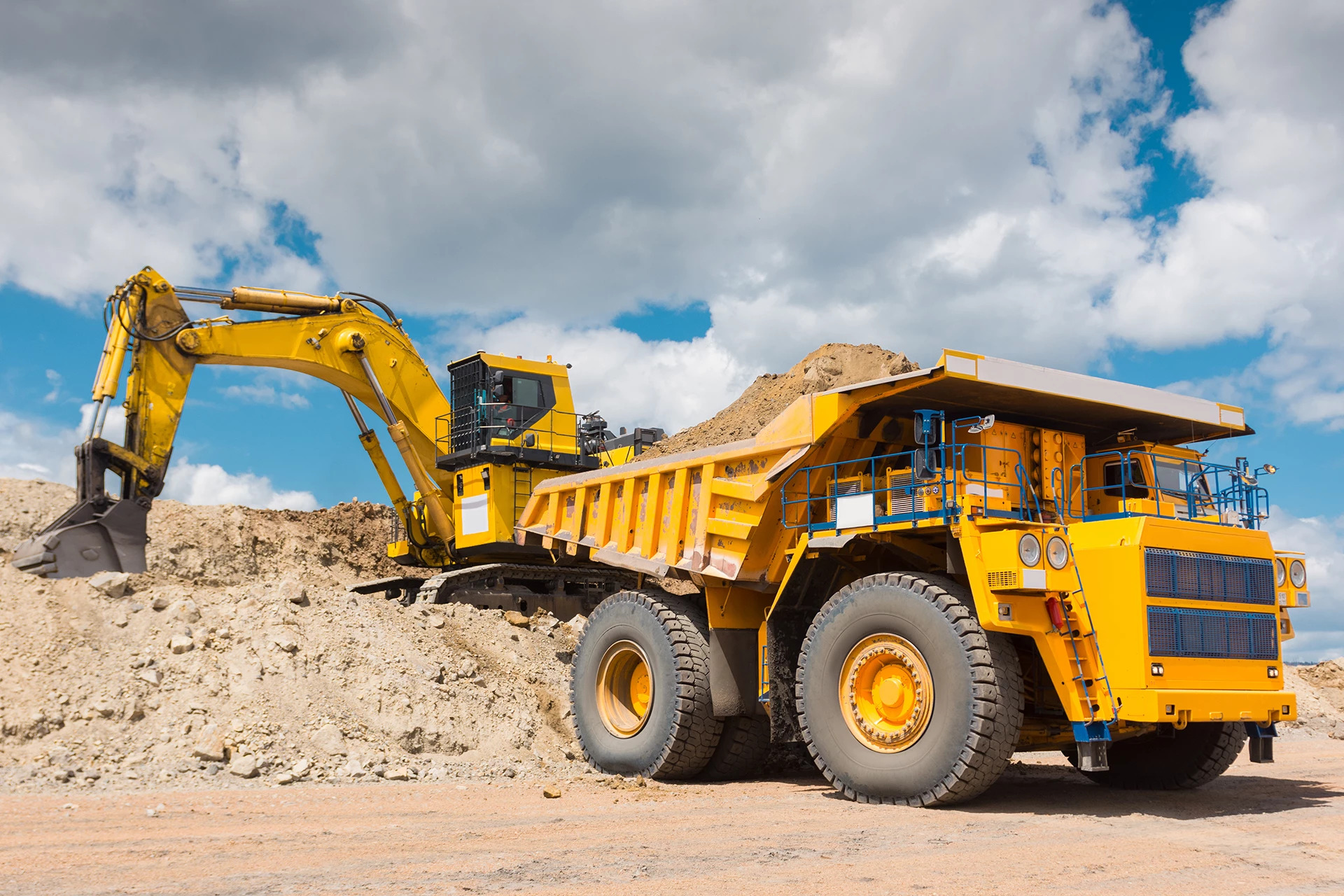
Introduction
Buying heavy machinery is a major investment, whether you’re expanding your construction business or replacing old equipment. Making the right purchase can boost efficiency and profitability, while a bad decision could lead to costly repairs, downtime, or even financial losses. That’s why it’s essential to follow the right strategies and avoid common mistakes.
In this guide, we’ll break down the do’s and don’ts of buying heavy machinery, helping you make an informed decision. Plus, we’ll introduce Machinery-net, a trusted platform for buying and selling construction machines with confidence.
The Do’s of Buying Heavy Machinery
1. Do Research Before Buying
Heavy machinery is not a one-size-fits-all purchase. You need to consider:
- Your Project Needs – What type of equipment is best suited for your jobs?
- Brand Reputation – Trusted brands like Caterpillar, Komatsu, and Volvo offer better resale value and reliability.
- Market Prices – Check current pricing on Machinery-net to ensure you’re getting a fair deal.
By doing thorough research, you’ll avoid overspending or buying machinery that doesn’t fit your requirements.
2. Do Buy from Reputable Sellers
Purchasing from a reliable source reduces the risk of fraud and poor-quality machinery. Machinery-net connects buyers with verified sellers, ensuring transparency and security in every transaction. Buying from a reputable dealer means:
- Clear machine history and maintenance records
- Secure payment options
- Genuine equipment with no hidden defects
Avoid deals that seem too good to be true—they often are!
3. Do Inspect the Equipment Thoroughly
Whether buying new or used, a proper inspection is critical. If buying in person, check:
- Engine Performance – Look for leaks, smoke, or unusual noises.
- Hydraulics & Attachments – Ensure everything moves smoothly without jerks or leaks.
- Tires & Tracks – Worn-out tires or tracks can be costly to replace.
- Overall Condition – Check for rust, dents, or welding repairs.
If buying online, ask for detailed images and videos or even request a professional inspection before finalizing the deal.
4. Do Consider Total Cost of Ownership
The initial purchase price isn’t the only expense. Factor in:
- Maintenance and Repairs – Older machines might require frequent servicing.
- Fuel Efficiency – Some models are more fuel-efficient than others.
- Resale Value – Investing in popular brands and models will help you sell it easily later.
Calculating the total cost of ownership helps you make a financially sound decision.
5. Do Check the Seller’s Documentation
Before making a payment, ensure all paperwork is in order:
- Proof of Ownership – Avoid stolen equipment by verifying the seller’s legal documents.
- Maintenance Records – A well-documented history ensures the machine was well cared for.
- Warranty (If Available) – Some sellers offer warranties on used equipment, adding an extra layer of security.
Machinery-net provides a trusted platform where buyers can request and verify these documents before completing a purchase.
The Don’ts of Buying Heavy Machinery
1. Don’t Rush the Purchase
Heavy machinery is a big investment, so never buy on impulse. Take your time to:
- Compare multiple options on Machinery-net
- Inspect the equipment thoroughly
- Check financing options if needed
A rushed purchase can lead to regrets, unexpected repair costs, or even fraud.
2. Don’t Ignore the Machine’s History
Buying used equipment without checking its history is risky. Be sure to ask:
- Has it been in an accident or had major repairs?
- Was it properly maintained?
- How many hours has it been used?
A machine with hidden issues can end up costing more than a brand-new one.
3. Don’t Forget to Test the Equipment
If you’re buying in person, always test the machine before purchasing. This will help you identify potential issues with:
- Steering and control responsiveness
- Brake efficiency
- Noise levels and vibrations
If purchasing online from Machinery-net, request a video demonstration or arrange for an independent inspection.
4. Don’t Overlook After-Sales Support
Once you buy the machine, who will provide support if something goes wrong?
- Choose brands and dealers that offer after-sales services and spare parts.
- Ensure that your location has service centers for the brand you’re buying.
- Check whether the dealer provides any training or operation manuals.
Lack of after-sales support can lead to downtime and expensive repairs.
5. Don’t Ignore Online Marketplaces Like Machinery-net
Gone are the days of searching through newspaper ads or relying on word of mouth. Machinery-net makes buying and selling construction machines easier by:
✅ Connecting buyers with trusted sellers
✅ Providing a secure and user-friendly platform
✅ Offering competitive prices and verified listings
By using Machinery-net, you can find high-quality heavy machinery without the hassle of dealing with unreliable sources.
Final Thoughts
Buying heavy machinery is a major investment, and making the right choice requires careful planning. By following these do’s and don’ts, you can avoid costly mistakes and ensure you get the best value for your money.
Ready to buy? Visit Machinery-net today and browse a wide selection of construction machines from trusted sellers! 🚜💰